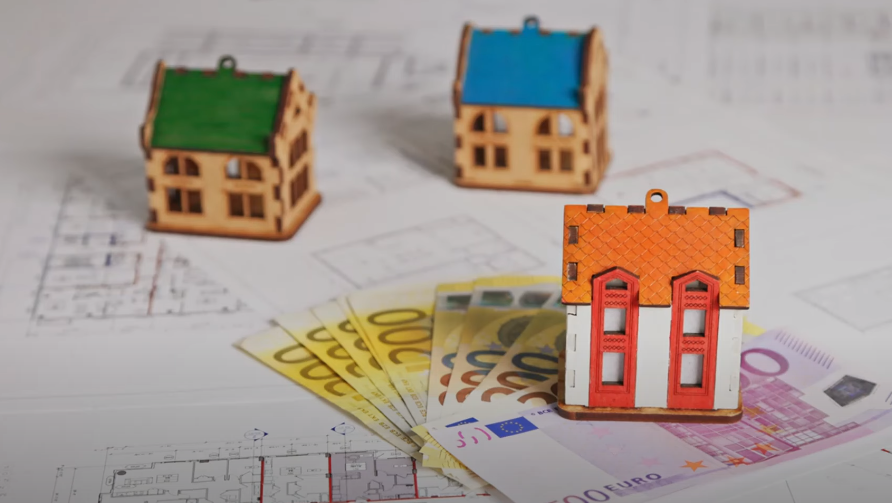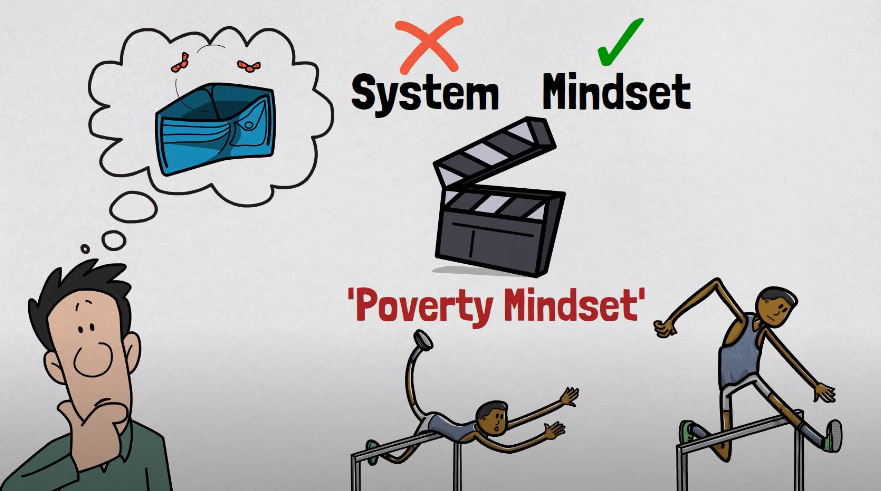Introduction
Embarking on strategic investments in your home can prove to be a shrewd financial decision, elevating it from a mere residence to a valuable asset capable of generating income and appreciating over time. This step-by-step guide illuminates four key pathways to transform your home into a lucrative investment.
The journey begins with selecting the right property, extends to the judicious rental of the space, incorporates intelligent maintenance practices, and culminates in thoughtful long-term planning. By navigating these steps, you’ll unlock the full potential of your real estate investment, creating a dynamic financial instrument.
The knowledge and tools acquired in this guide empower you to view your home not merely as a living space but as a potent wealth-building asset. As you traverse this strategic roadmap, your home evolves into an entity that not only shelters but also strategically contributes to your financial prosperity.
Four Ways to Make Your Home an Investment Step by Step.
1. Buy a property with investment potential.

Selecting the right location is pivotal when aiming to maximize your home’s investment potential. Opt for areas exhibiting growth prospects, characterized by elements such as reputable schools, low crime rates, and convenient access to amenities like shopping centers, public transportation, and parks.
Delve into local real estate market trends to pinpoint regions undergoing appreciable increases in property values, ensuring a solid foundation for your investment strategy. When it comes to property type, align your choice with specific investment objectives.
Single-family homes, multi-unit properties (including duplexes, triplexes, or apartment buildings), or even ventures into commercial real estate should be considered based on your long-term goals and risk tolerance.
Securing favorable financing is paramount for optimizing your investment. Seek out financing options that offer reasonable interest rates and terms, tailoring them to your financial capabilities and goals.
A larger initial down payment can prove advantageous, not only reducing your mortgage payments but also minimizing long-term interest costs. This prudent financial approach establishes a robust financial foundation, setting the stage for a successful and lucrative home investment venture.
By meticulously addressing location, property type, and financing considerations, you can craft a strategic roadmap for transforming your home into a lucrative and enduring investment.
2. Rent Out Your Property

Generating rental income is a key component of making your property a lucrative investment. When renting out your property, it’s imperative to establish a rental rate that not only covers your mortgage but also encompasses other essential costs such as property taxes, insurance, and maintenance.
Striking this balance ensures that your rental income not only sustains the property but also yields a profit, enhancing the overall return on your investment. Property management is a critical decision in the rental journey. Determine whether you will take on the responsibility yourself or opt to enlist the services of a property management company.
Self-management grants you direct control but demands hands-on involvement in addressing tenant issues, overseeing maintenance, and managing repairs. On the other hand, hiring a property management company transfers these tasks to professionals, allowing you to enjoy a more hands-off approach while ensuring efficient property oversight.
Crafting comprehensive lease agreements is fundamental to a successful rental arrangement. Clearly outline tenant responsibilities and articulate your expectations as a landlord. This includes specifics on rent payment schedules, maintenance duties, and any rules or policies governing the property.
A well-drafted lease agreement not only fosters a transparent landlord-tenant relationship but also serves as a legal safeguard, providing clarity and structure to the rental arrangement. By navigating the nuances of rental income, property management decisions, and lease agreements, you set the stage for a fruitful and harmonious landlord-tenant dynamic, enhancing the investment potential of your property.





